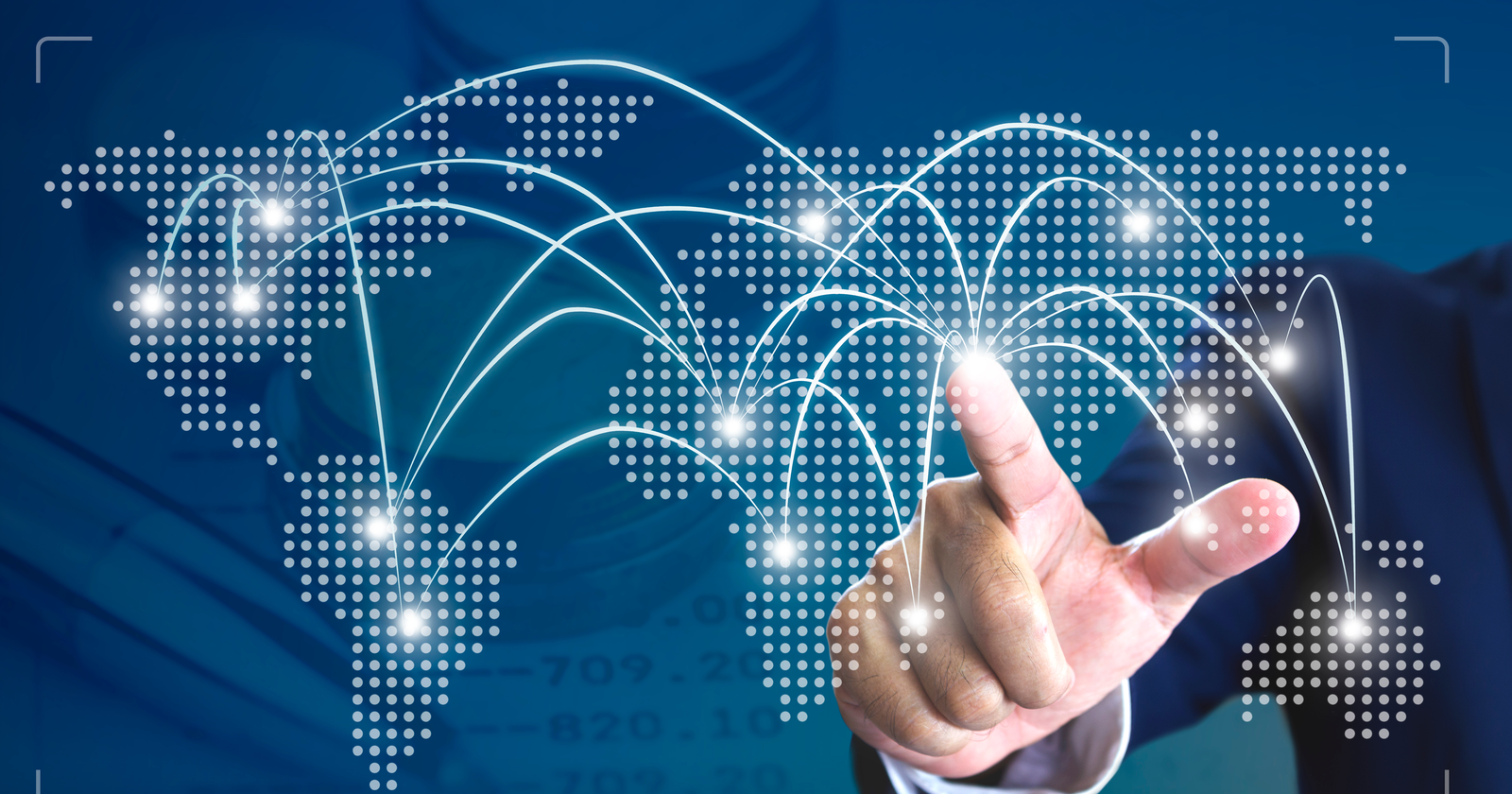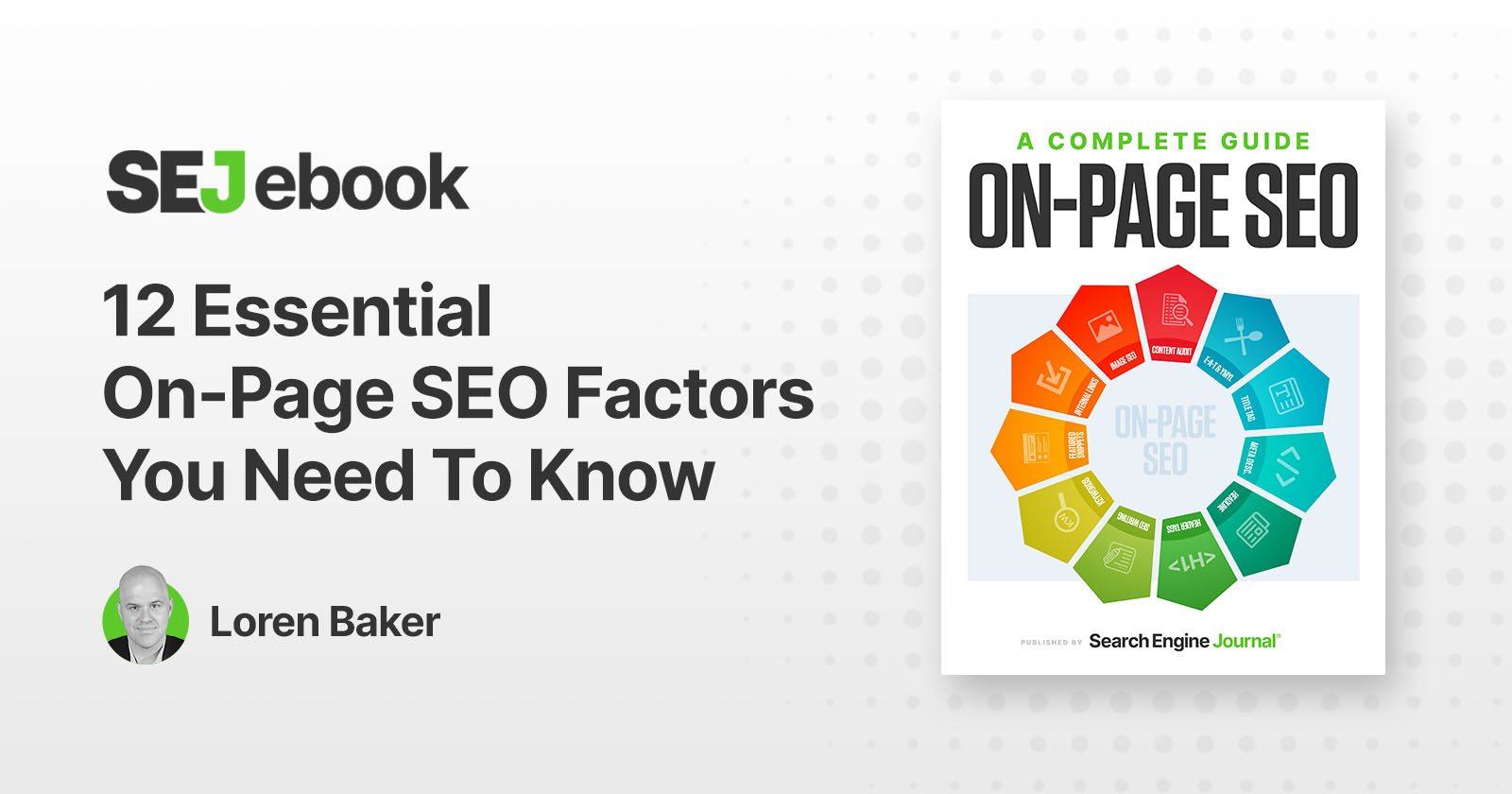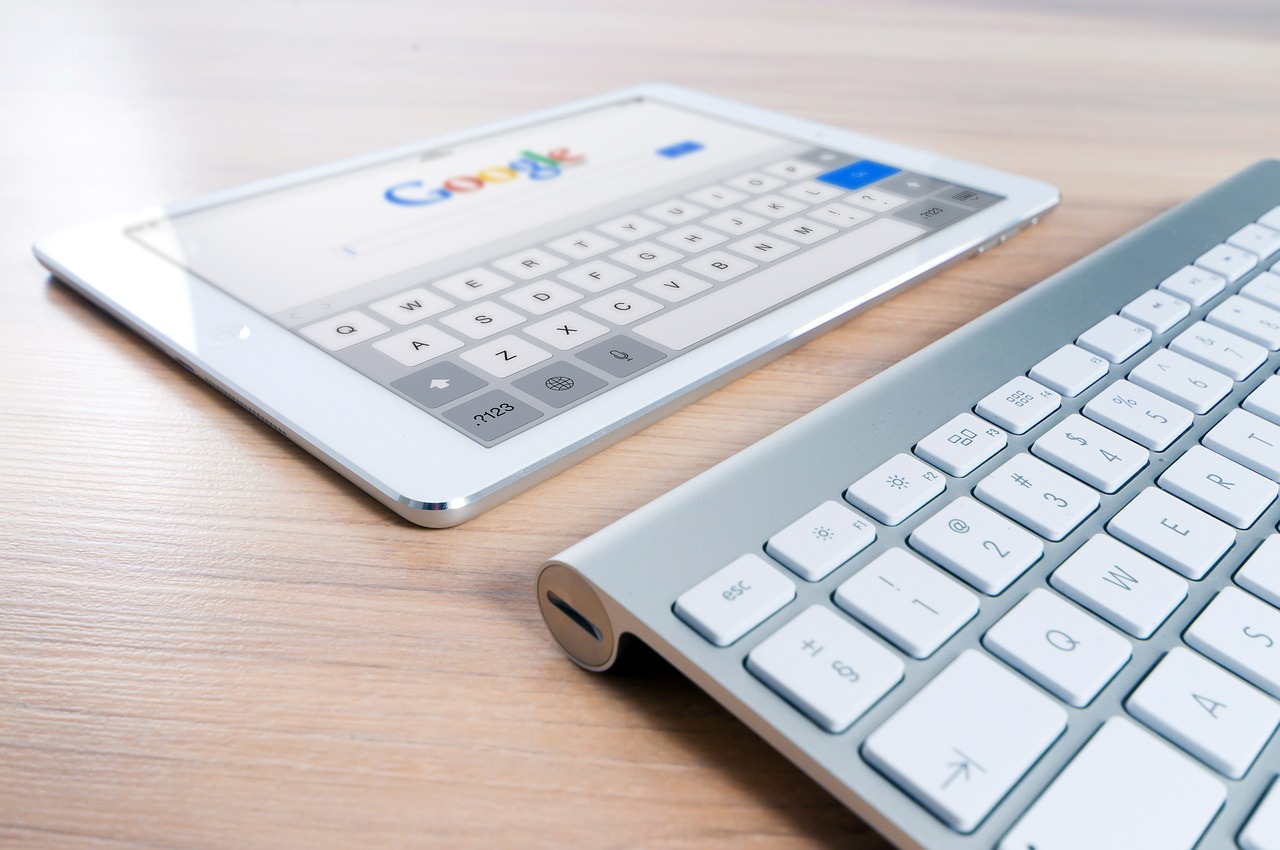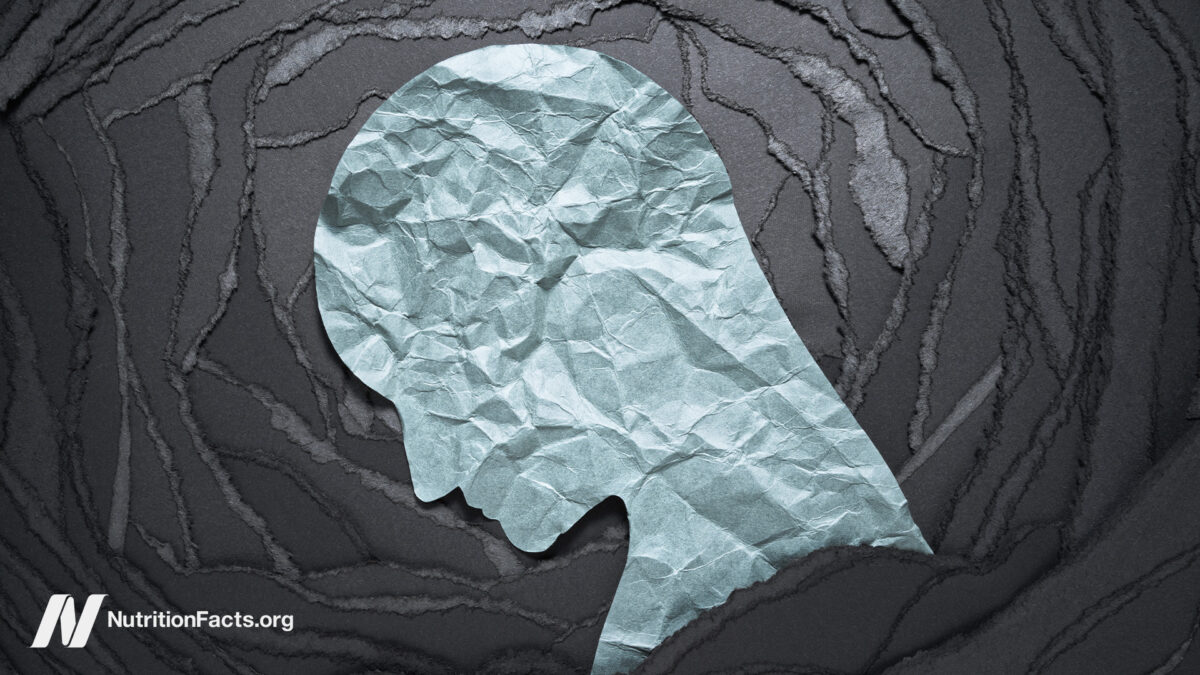The Role of AI in the IoT Revolution
Artificial Intelligence (AI) is now a part of almost every segment of the market. From advanced cybersecurity servers to video games, AI has evolved and adjusted itself into everything. Currently, IBM holds 9 percent of the AI market share...
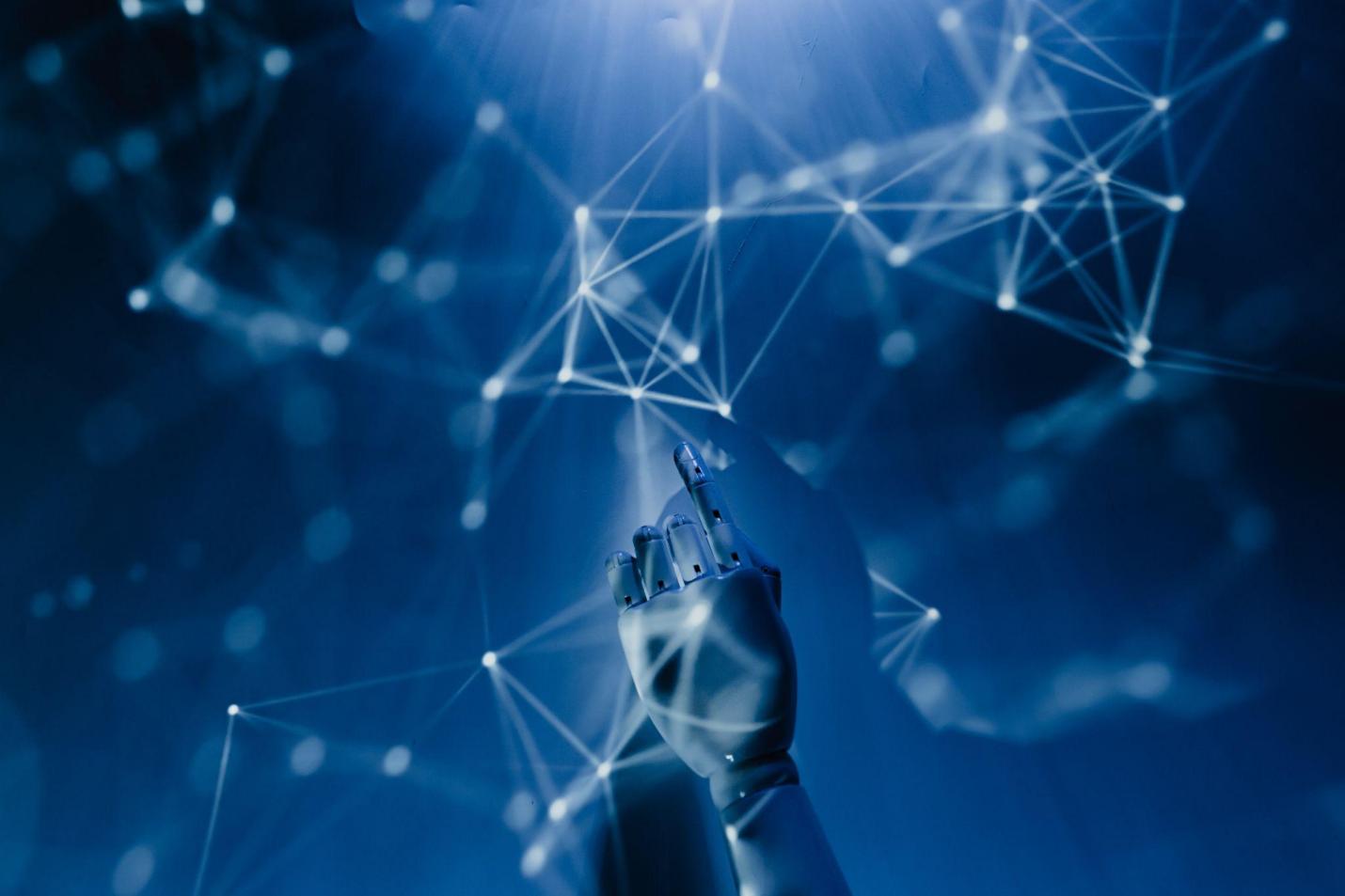
Artificial Intelligence (AI) is now a part of almost every segment of the market. From advanced cybersecurity servers to video games, AI has evolved and adjusted itself into everything. Currently, IBM holds 9 percent of the AI market share globally. According to a report by Statista, by 2024, the global market of AI will touch a worth of more than half a trillion US dollars.
Now, to understand how AI is influencing the IoT industry, let’s have a look at what IoT is and how does Internet of Things work? Internet of Things (IoT) is a network of things that receive communication and react. In short, IoT enables sensors of devices like appliances or smartphones to make them work wirelessly. Modern Smart TVs, ACs, even automated vehicles are the perfect example of IoT existing in our daily lives. Today, AI is used to make these IoT devices more efficient and capable. Moving forward, let’s discuss more roles of AI in the IoT industry.
More efficiency in smart home devices
AI consumes a lot of data to execute tasks that have been assigned to it. For smart home devices, AI is useful in making them more accessible, especially in following voice commands. AI enables these devices to understand more languages, dialects, and pronunciations. It does not only make devices easier to use for users, but also expands the market for top IoT manufacturers and top IoT app development companies.
Better healthcare management
With the help of IoT sensors, AI is able to predict if there are healthcare issues slowly developing inside the human body. Devices such as Fitbands are used to collect heart rate, BPM, and more data. This data is used by AI to prepare a healthcare report that shows if the patient needs assistance or not. In many cases, AI in healthcare can be really useful to find out diseases before they become fatal.
Better cybersecurity
AI, with the help of IoT, is capable of managing the cybersecurity of servers, especially if they are connected to the same environment. AI can detect anomalies in the data and stop or predict attempts of attacks to raise warnings. Moreover, cases like hardware failures are also detected by AI to ensure proper actions before they affect the server. Many modern companies are using AI along with other technologies like Blockchain to make an efficient cybersecurity system.
Better safety measures
IoT devices can help AI in detecting safety hazards like possibilities of fire or short circuits and more. The data can be used to alert authorities and raise alarms. Moreover, devices such as CCTV cameras can also be used to detect unknown faces or forceful entries with the help of AI to ensure proper security. Institutions such as Banking can use these combinations of technologies to counter robberies, theft, and more.
Better operational management
The future of IoT is all about automation, where multiple devices will be connected to each other and make processes automated. In the case of operational processes, especially for manufacturing industries, AI with IoT can be really useful. It can reduce the percentage of blunders and costs involved in manual procedures. AI with IoT can automate every process starting from manufacturing to assigning to deliveries. Modern AI is capable of doing that. But in the future, AI might even grasp the automated delivery part as well.
Automated vehicles
Companies like Tesla are dedicated to making self-driven vehicles a common trend. Even though they have already developed the technology, it is still not suitable for many environments. But AI, which is already used in these vehicles, can make transportation more sustainable to make adoption of such vehicles much easier.
Traffic management
AI with IoT devices like sensors and cameras can help authorities in managing traffic quite easily. AI can conclude better traffic management strategies compared to human involvement to ensure that traffic is controlled smoothly. Moreover, soon AI will also have the capability to reduce the percentage of accidents that have been happening due to poor traffic management decisions.
Wrapping up
AI is the future. Soon we will see that AI is doing more than we had imagined and IoT devices will become a bridge to that possibility. However, modern AI still requires a lot of evolution to become self-independent. Thus it will take some time. So, that is all for the role of AI in IoT. Before we end this blog, let’s have a look at a few key points from above.
AI can help smart devices in recognizing more accents, languages, and dialects to respond betterHealthcare devices are using IoT and AI together to analyze and predict possible health situationsTechnologies such as Blockchain and IoT are using AI to make Cybersecurity more efficient by automating the scanning process to detect anomaliesAI can help in keeping an eye on incidents like fire breakouts or robberies to alert authorities for a quick actionAI with IoT can be used in industries like manufacturing to automate processes from order placement to delivery Self-driven vehicles are the future and AI can help in making them more efficient to ensure fewer accidentsAI can ensure smooth traffic management with the help of IoT devices like motion sensors and camerasWell, that’s all for the role of AI in the IoT revolution blog. Hopefully, you found this discussion interesting. Until next time, Godspeed!

 Kass
Kass 









